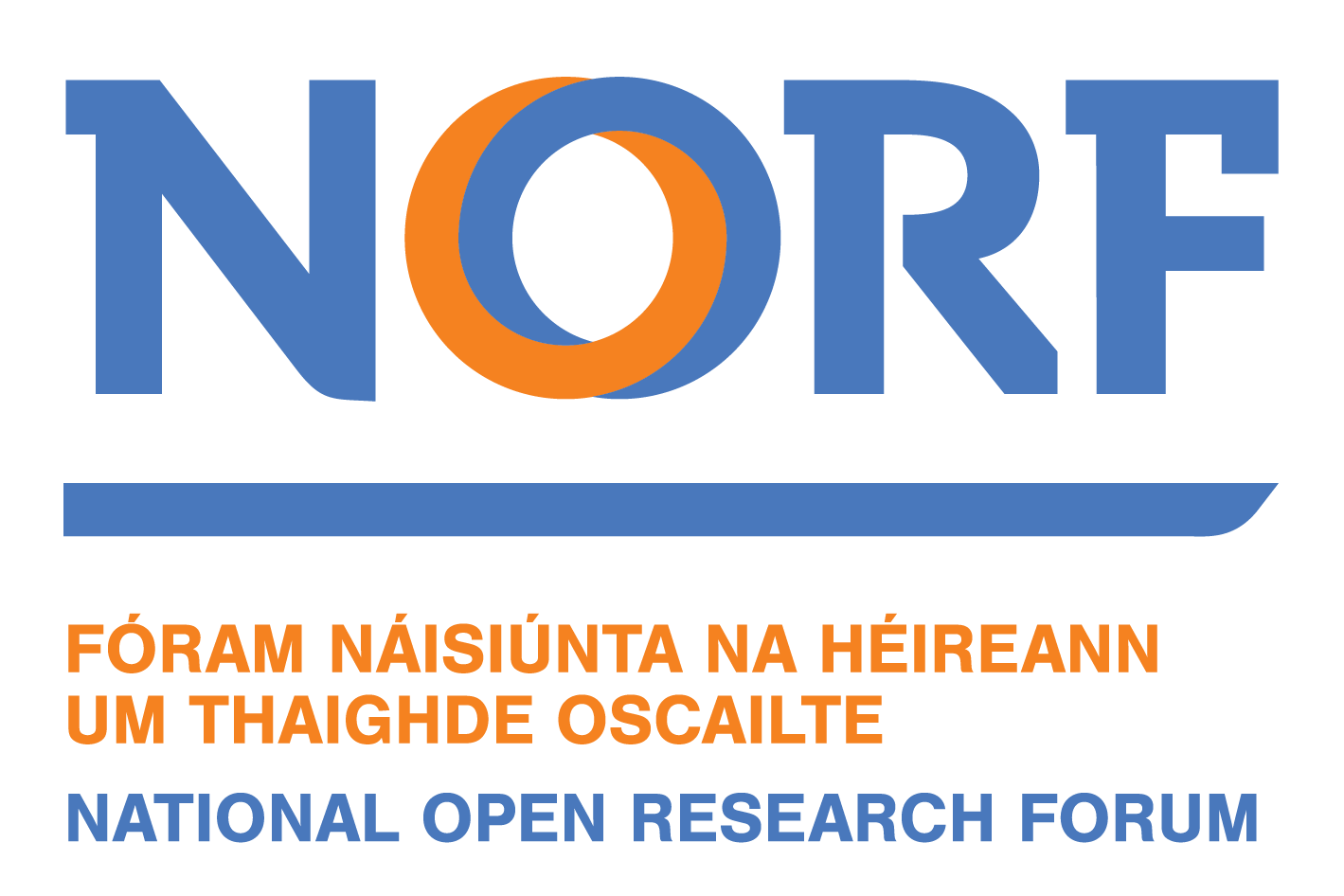In June 2025, the Criminal justice Open Research Dialogue (CORD) Partnership coordinated the delivery of two sessions at the North South Criminology Conference. North South is the all-island annual criminology conference, hosted by Maynooth University in 2025.
This year, CORD coordinated the second half of the PhD Training Day, which takes place the day before the conference begins. CORD’s Agenda for 2025-26 commits to organising training to help researchers plan and achieve impact, with a focus on early-career researchers’ needs. To inform this, CORD designed a Training Needs Analysis for PhD students studying crime and justice in the Republic of Ireland. With 20 responses from eight institutions, the most popular option related to achieving social impact through research as a form of social justice.
Elevating Unheard Voices
Empowerment through research as social impact focused on how social research empowers. It aimed to support PhD students to reflect on their work, and on how they might be experienced when conducting research. The first part was a panel with three CORD partners, all PhD students in criminology at Maynooth University, with experience of aiming to use research for empowerment in different contexts: Maria Cleary with women in prison, Triona Kenny with victims of crime, and Stephanie Vento with people who use drugs. Maria also sits on CORD’s Implementation Group, while Stephanie and Triona are Research Assistants in Open Criminology with the CORD Partnership. The next session, a design workshop, was delivered with Dr. Threase Kessie (Maynooth University Department of Design Innovation; CORD Implementation Group). It used empathy mapping to help the participants reflect on how they work with people in research contexts. Dr. Ian Marder (CORD Partnership Chair) coordinated the afternoon.
Engagement and Collaboration
During the conference, four CORD partners gave a panel exploring work that aimed to enhance research-policy-practice engagement or data- and research-informed policy and practice in Irish criminal justice. Entitled, Laying the Foundations for Research-Policy-Practice Engagement in Irish Criminal Justice, the panel discussed and sought feedback on a series of projects aiming to build infrastructure to support engagement, or through which criminal justice agencies aim to develop the use of data and research. The presenters’ slides can be downloaded here.
Stephanie Vento (Research Assistant in Open Criminology, Maynooth University) and Dr. Kevin Wozniak (Assistant Professor in Criminology; Director of the Centre for Criminology, Maynooth University) spoke about the progress made by CORD subcommittees which they chair. Stephanie presented Developing and Evaluating the ‘Day-in-the-Life Programme’, a project which helps researchers, policymakers and practitioners better understand each other’s roles and working environments to facilitate connection and collaboration across Irish criminal justice. The plan is for this to be achieved by reciprocal, one-day visits coordinated by CORD, supported by structured shadowing techniques. Kevin presented Developing and Publishing Criminal Justice ‘Areas of Research Interest’, a project which aims to help CORD partners share their research interests with external audiences in the form of a published document. He noted the forthcoming development of a ‘how to’ guide for organisations interested in leading or collaborating with external researchers on the writing of Areas of Research Interest.
Next, Dr. Roni Buckley (Senior Legal and Knowledge Management Researcher, Prosecution Policy and Research Unit, Office of the Director of Public Prosecutions) presented her organisation’s new Knowledge Management Strategy. The presentation considered how this aimed to promote information sharing and how the Strategy can facilitate other CORD members to share knowledge and collaborate on shared activities. Finally, Dr. Ian Marder presented the findings from a working paper, Learning from Crime and Policing Research Partnerships in England and Scotland. He focused on the implications and recommendations for developing models of research funding to support research co-production and translation in Ireland.
Embedding Open, Interdisciplinary Research
The CORD Partnership aims to embed a culture of interdisciplinary open research in criminal justice in Ireland. It achieves this by bringing together criminal justice researchers, policymakers and practitioners to decide collectively how we should engage, what our priorities should be, and which actions would make the most of our knowledge and expertise to achieve shared goals.
In 2023-24, CORD received funding from Ireland’s National Open Research Forum (NORF) under the 2023 Open Research Fund. In 2025, different projects received funding from the Maynooth University Social Sciences Institute (MUSSI) Small Grants Award Scheme 2025, and the School of Law and Criminology Research Incentivisation Fund (RIF) 2025.





